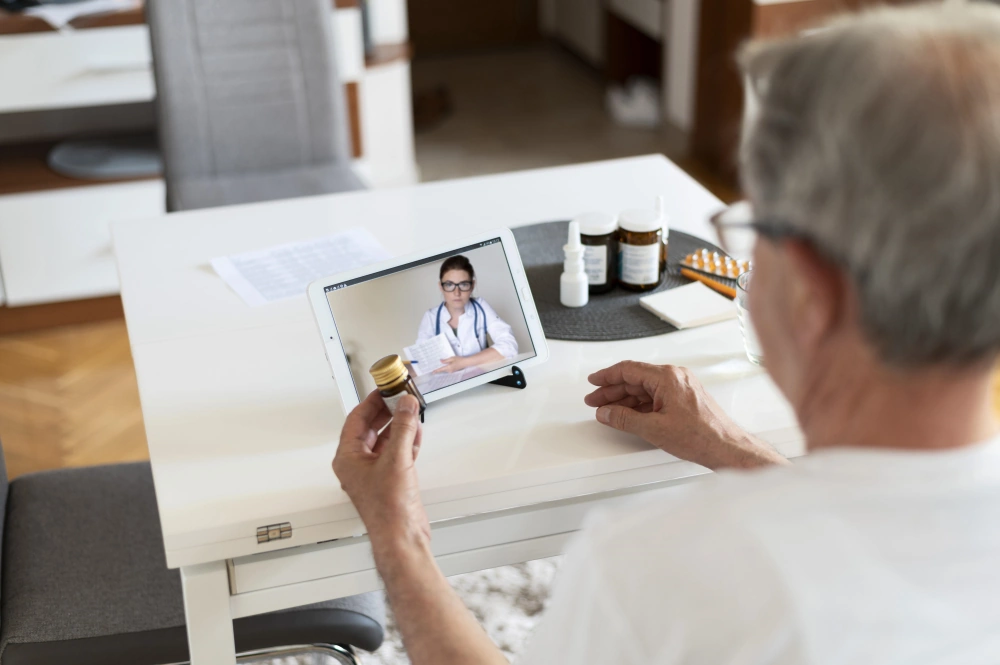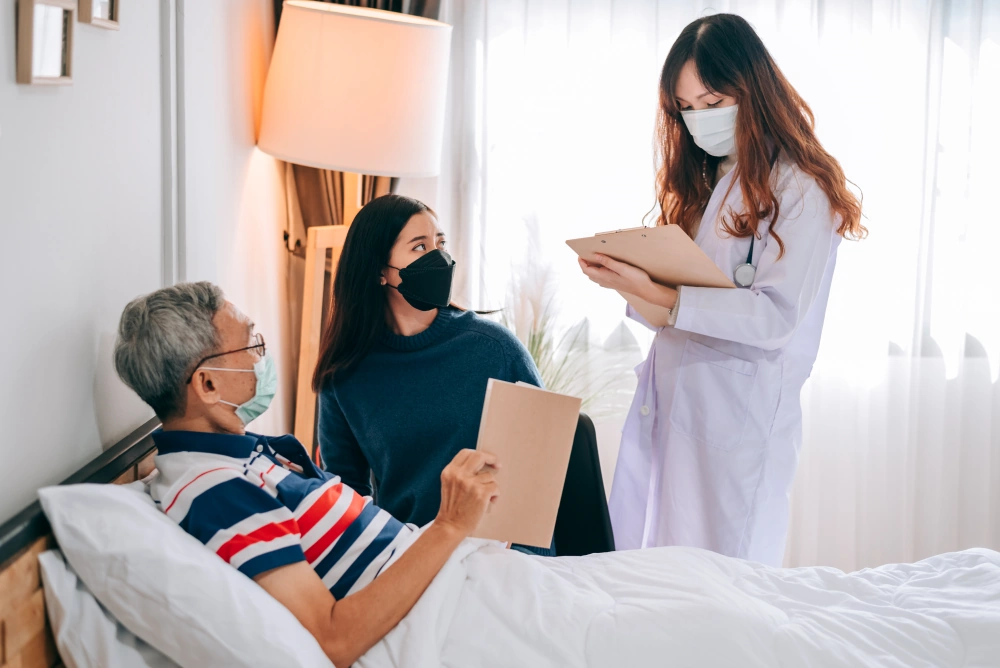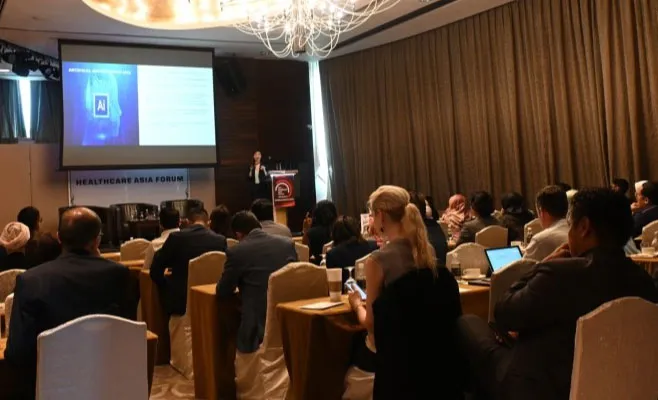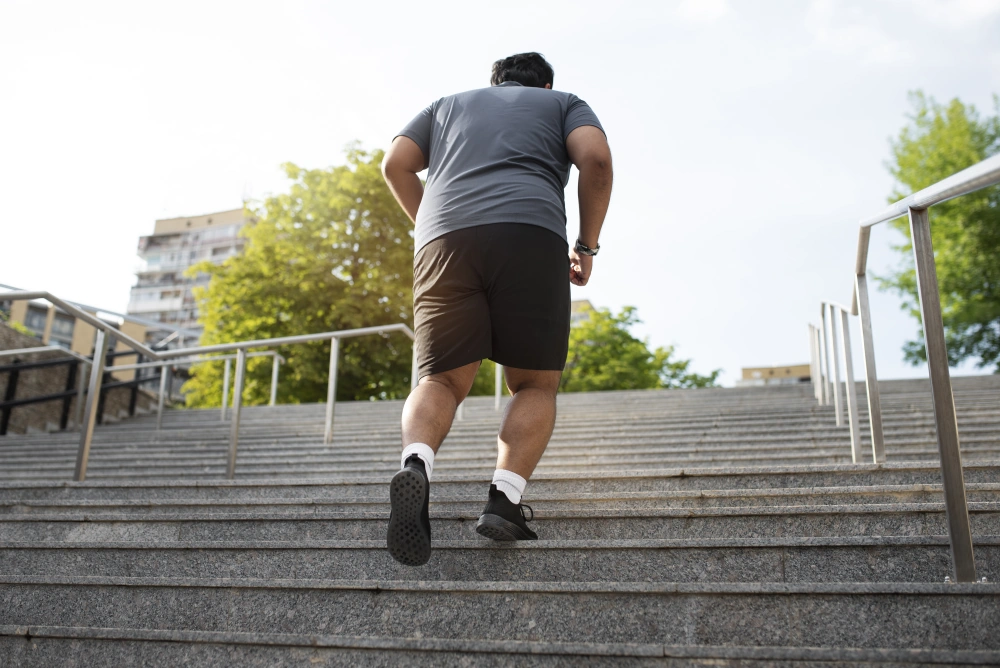
We spoke with two healthcare executives in Malaysia to get their insights into the future of the
industry and how the country could learn lessons from the pandemic to strengthen its medical
services. Hoo Ling Lee, CEO of Gleneagles Hospital Kuala Lumpur, highlighted that the crisis sparked
by the pandemic was instrumental in improving mental health support for medical staff. Bryan Lin,
CEO of Subang Jaya Medical Centre, stressed that streamlining the hiring process for foreign nurses
was essential for ensuring healthcare providers were adequately staffed.
What are your projections for the Malaysian healthcare tourism sector post-
pandemic
We saw a rebound in healthcare travellers. Here in Gleneagles, we recorded a 70 percent increase in
foreign patients, mainly from Indonesia. We also observed returning patients from the Middle East
and Bangladesh. Based on the encouraging numbers we recorded this year; I am optimistic that 2023
will see international patient numbers exceed even 2019 pre-pandemic levels.
Are you optimistic about the prospects for the healthcare tourism market?
I am optimistic primarily due to the Malaysian Healthcare Tourism Council’s (MHTC) efforts to
promote our healthcare tourism sector on the international stage since the border reopened, and
our marketing efforts in promoting Gleneagles Hospital KL.
What are your thoughts on Dato’ Dr Kuljit Singh (President of APHM)’s proposal
that private hospitals be provided with tax incentives to boost the healthcare sector?
Under local private healthcare, existing tax exemptions are available for the expansion of new facilities and the modernisation or refurbishment of existing facilities to promote medical tourism. Due to the end of this year, they have been extended to December 2025, as stated in the recently presented Budget 2023, which is good. Such tax exemptions should also be extended to other aspects of private healthcare, such as purchasing state-of-the-art medical equipment.
For example, the procurement of the Da Vinci robotics surgery system can be applied to treating prostate cancer, and gynaecological cancer. ENT and colorectal cancer and Gamma Knife.
If the hospital purchases this equipment and files for tax exemption, it will be entitled to a rebate. Moreover, these tax exemptions can also be considered for doctors who adopt new technologies for patient care.
Training to develop new skills related to novelty technology can take years and involve working with international experts. So, tax exemptions would be a good incentive for doctors to continuously expand their medical proficiency.
What other initiatives can be taken to further boost healthcare tourism, and how can they benefit Malaysians?
Private healthcare sectors are constantly improving by purchasing state-of-the-art medical equipment, which can be applied to both medical tourists and local patients. Here at Gleneagles, we explore incorporating artificial intelligence (AI) for health screening and diagnostics of non-infectious diseases. For example, AI technology can predict the risk of diabetic retinopathy, enabling doctors to take early precautions to impede the progress of the disease.

What do you have envisioned for the future of telemedicine?
We can all agree that the pandemic has accelerated digital transformation in the healthcare sector. According to a study by the World Economic Forum, internet usage has increased by 20 percent due to more frequent video conferencing. I’m proud that Gleneagles Hospital was the first hospital under IHH Malaysia to introduce telemedicine to patients.
This transition was necessary to ensure the safety of hospital staff and to follow up with our ongoing patients who could not physically come to the hospital due to the movement control order (MCO). Despite many uncertainties, we nevertheless moved ahead with implementing telemedicine, which encompasses various medical disciplines, such as psychiatry, endocrinology, neurology, obstetrics and gynaecology.

What lessons can the Malaysian Healthcare sector learn from the pandemic?
One aspect that our healthcare sector, specifically the Ministry of Health did well in the early days of the pandemic is the public-private partnership (PPP) initiative, which illustrates the significance of cooperation between public and private hospitals. The PPP consists of two models. The patient model occurred during the pandemic when public hospitals handled COVID patients while non-COVID patients were transferred to private hospitals. The non-COVID patients, specifically those with heart, and gastrointestinal conditions, and those needing general surgery included those that required dialysis and children.
The second model is the doctor and equipment model, which involves public hospital doctors bringing patients to private hospitals and utilising their medical equipment for treatment. One example is collaboration where general doctors were trained in handling gamma knife equipment for cancer treatment and then applied it to treating patients at zero cost at seven hospitals in IHH Malaysia.
This is crucial as the even distribution of patients reduces waiting times in public hospitals and maximises the usage of medical equipment in the private sector. The pandemic has also prompted us to emphasise mental health care more. While Gleneagles was able to avoid the full brunt of the pandemic, resulting in low infectivity rates and cases among its workforce, we did not anticipate its effects on their mental health.
As a result, we opened a hotline accessible to all staff members under IHH Malaysia where they could be attended to by our psychiatry professionals who provided tips on mental relief. We also conducted mental health assessments anonymously and periodically to avoid stigmatising staff members.
We carried out the assessment using the DASS-21 form, where the results are interpreted by our resident psychologists and psychiatrist followed by an interview session with the staff who filled out the form. This is followed by a report summarising the team’s stress levels, which determines follow-up interventions by the psychologists. For example, if it's determined that staff are presenting with high-stress levels, they will further interact with our psychiatry team until their stress level is reduced.
What recommendations would you propose for enhancing the healthcare system?
Despite the recent national budget not mentioning PPP initiatives, I am satisfied there is a significant financial allocation to improve the infrastructure facilities of public hospitals and clinics. Specifically, RM1.8 billion (about US$414 million) will be spent on the construction of hospitals, clinics, and medical equipment procurement. I am also proud that Budget 2023 also touched on mental health, which was generally been destigmatised due to COVID, by announcing the establishment of a National Mental Health Centre of Excellence to coordinate surveillance, research, and implementation of mental health programmes.
Given the continuing trend of local medical professionals seeking healthcare workers’ employment abroad and the increasing bed capacity in which a total of 1,500 additional beds at private hospitals is expected by 2025, we will need to focus on recruiting more nurses.

How is the current system making hiring foreign doctors much easier?
APHM has advocated for a more comprehensive review of the hiring process to significantly improve turnaround time. The applications for the Annual Practicing Certificate (APC), a local practising certificate, and the National Specialist Registry (NSR) required for medical professionals to practise their medical discipline have been made significantly more straightforward.
*The full article can be found on
GlobalHealth Asia-Pacific’s Special Issue 6












